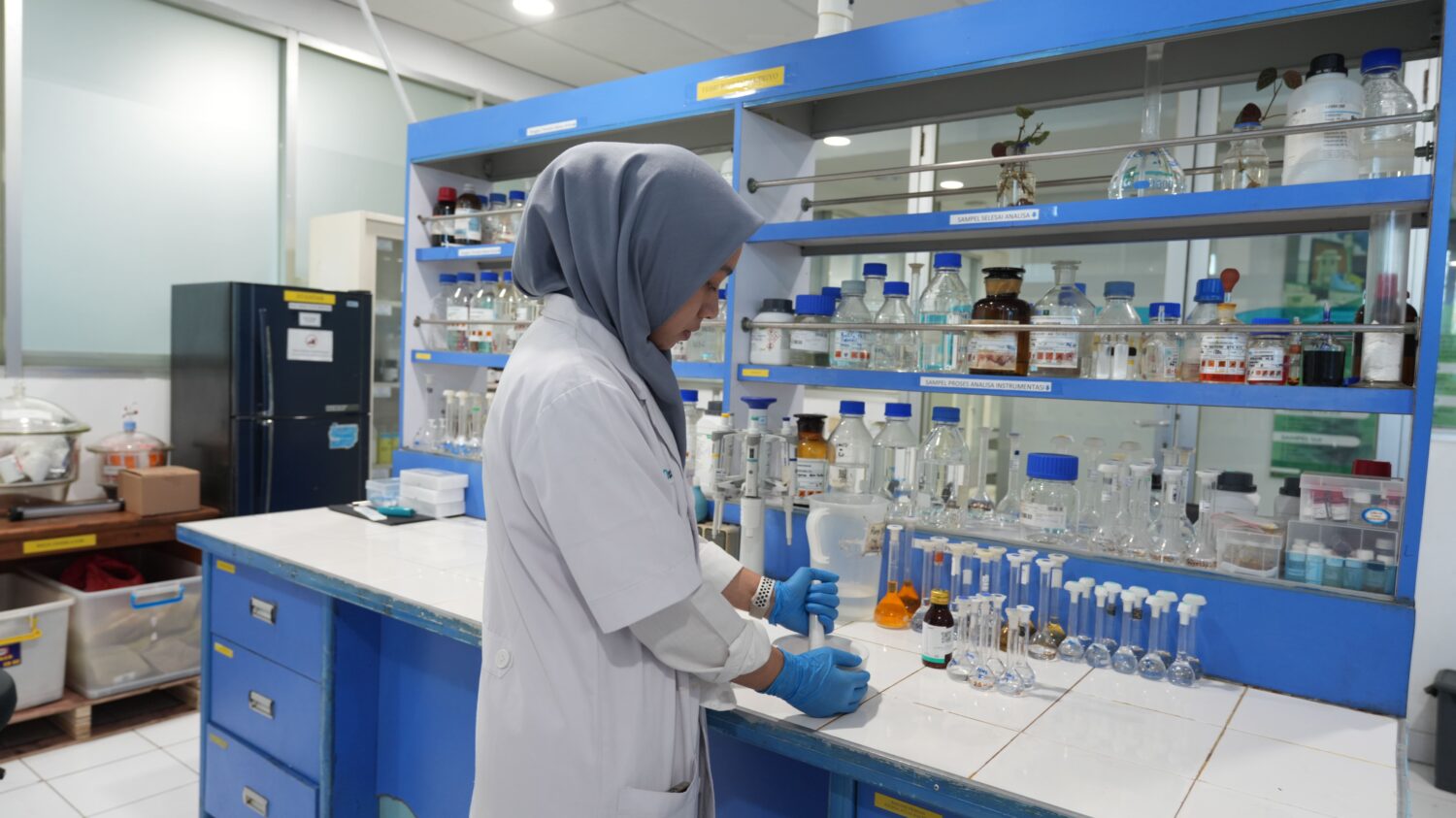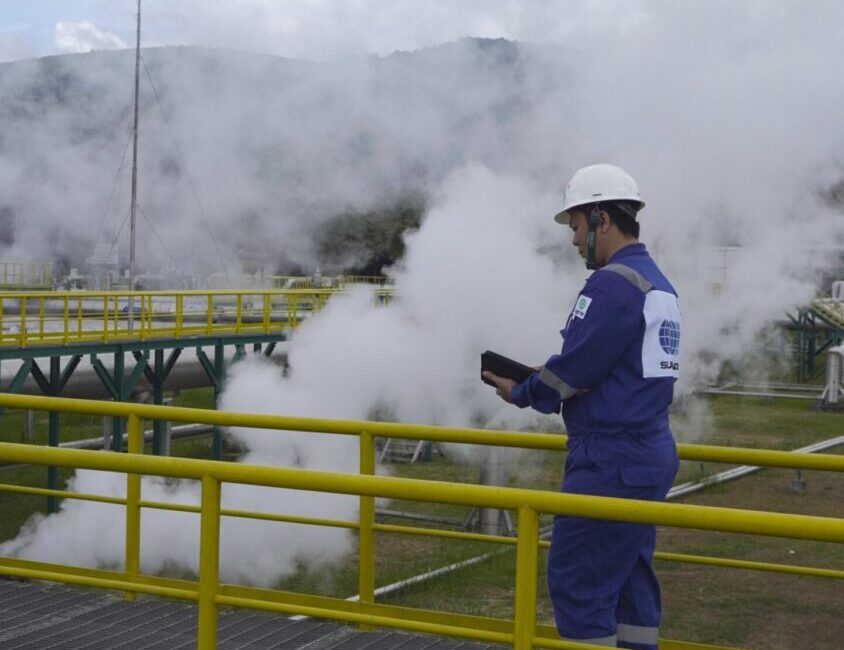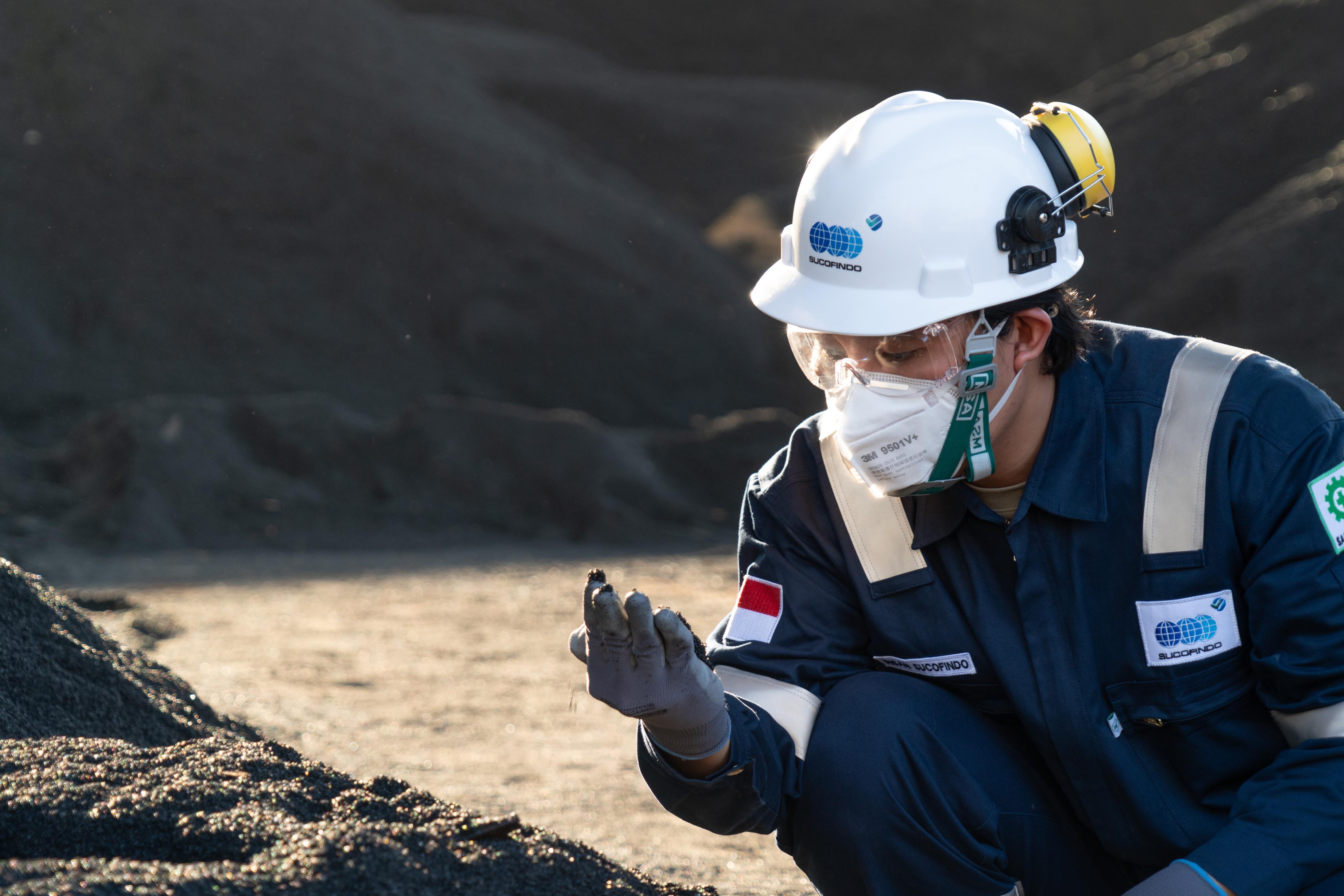For years, we’ve measured energy security by how much we have in reserves. Crude oil, coal, natural gas, and now renewables — all quantified in millions of tons or barrels. But is energy resilience really just about how much?
The truth is: reserves mean little without the quality, infrastructure, and systems to deliver them reliably. Without proper testing, verification, and management, even abundant energy can turn into inefficiency — or worse, risk.
Abundant Energy Doesn’t Guarantee Reliability
Indonesia is rich in natural energy resources. But each type comes with its own operational challenges:
- Coal still dominates electricity generation, but its effectiveness depends on grade, calorific value, ash, and sulfur content.
- Oil and gas rely on safe pipelines, terminals, and storage tanks — all needing inspection and monitoring.
- Renewables like solar, wind, and bioenergy require system audits, inverter reliability, and integration to the power grid.
None of these will serve national resilience unless they’re supported by data-backed inspections and certification.
Challenges on the Ground
Despite growing energy production, the following issues threaten reliability:
- 📉 Fuel and coal go untested, leading to poor plant efficiency
- 🛠️ Infrastructure lacks regular safety inspections
- 🔎 No independent verification of emissions, energy efficiency, or carbon output
- 📊 Industrial consumption data often unmonitored
- ⚡ Renewable integration without system audits leads to instability
Energy security, in this case, becomes more of a claim than a reality.
The Real Solution: Tested, Certified, and Data-Driven
True energy security goes beyond stockpiling — it’s built through standardized systems and third-party validation. What does that look like?
🔬 1. Fuel and Energy Quality Testing
Testing coal, biomass, and liquid fuels in accredited labs to verify calorific value, composition, and emissions.
🛡️ 2. Energy Infrastructure Inspection
Regular inspections of power plants, pipelines, tanks, and transmission lines using Non-Destructive Testing (NDT) and technical evaluations.
📈 3. Energy Audits and System Certification
Implementing ISO 50001, auditing consumption across industrial facilities, and enhancing efficiency strategies.
♻️ 4. Emission Verification and Carbon Accounting
Measuring CO₂ emissions, waste output, and performing Life Cycle Assessments (LCA) to ensure long-term sustainability.
SUCOFINDO: Supporting Verified Energy Resilience
Energy security also relies on institutions that can independently test, inspect, and certify every component of the system.
SUCOFINDO, a national leader in TIC (Testing, Inspection, Certification), provides complete solutions for the energy sector, including:
- Laboratory testing of fuels and emissions
- Inspection of energy facilities, pipelines, and equipment
- ISO-based certification and energy audits
- Carbon footprint verification and sustainability services
Under its Green Generation initiative, SUCOFINDO helps ensure that Indonesia’s energy future is reliable, efficient, and credible.
Who Needs Verified Energy Systems?
- 🏭 Power plants and energy companies
- 🏢 Industrial zones and manufacturers
- 🚢 Fuel terminals, LNG ports, and storage depots
- 🏛️ Regional governments managing public energy infrastructure
- 💡 Renewable energy developers and EPC contractors
Reserves Alone Are Not Enough — Verified Systems Are the Key
Energy security in the 21st century isn’t defined by how much we have — but by how well we manage, test, and deliver it. Indonesia’s vast reserves are powerful, but they mean little without tested infrastructure, proven efficiency, and accountable systems.
Because energy that is verified, ready, and reliable — that’s true security.







